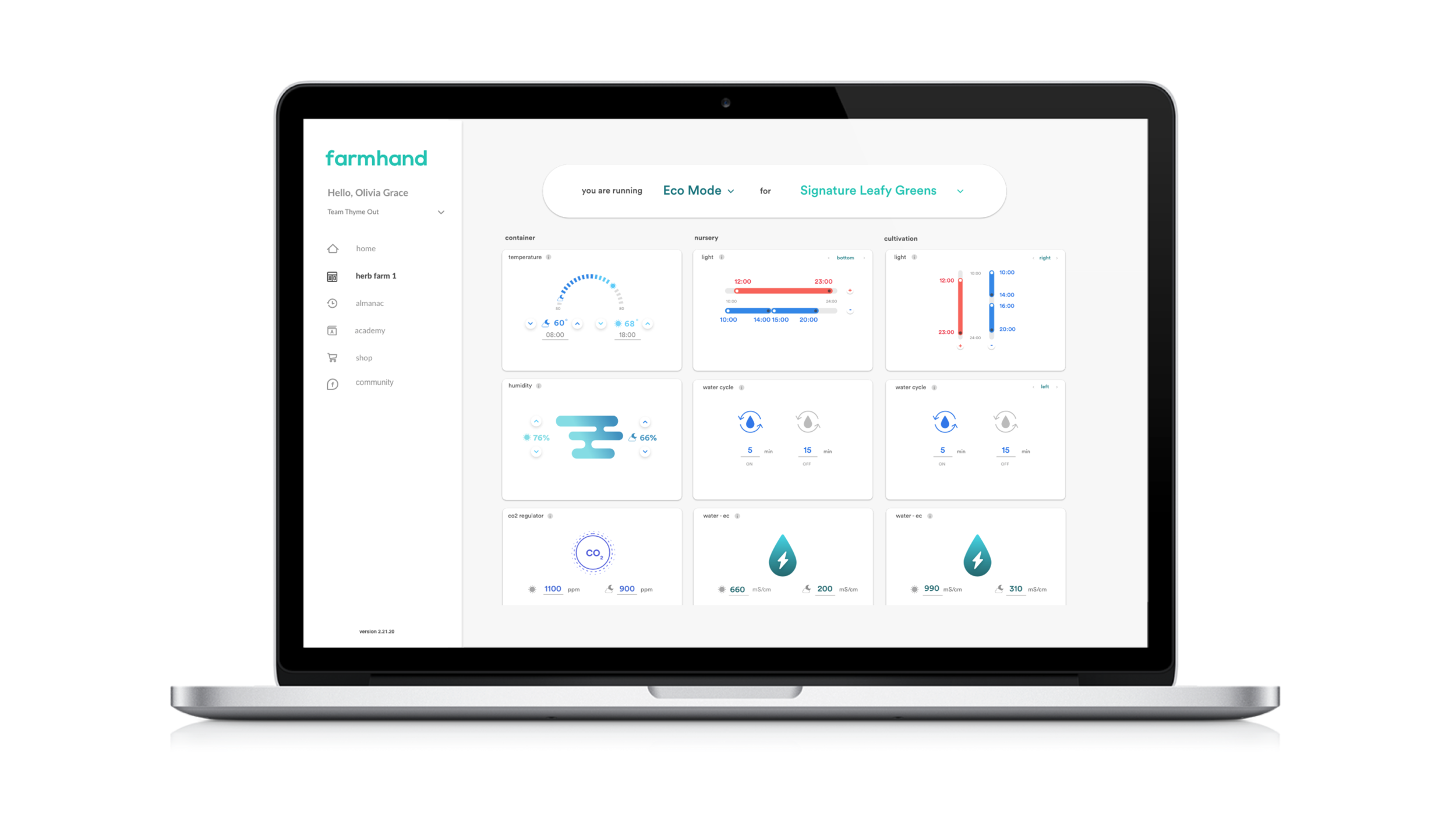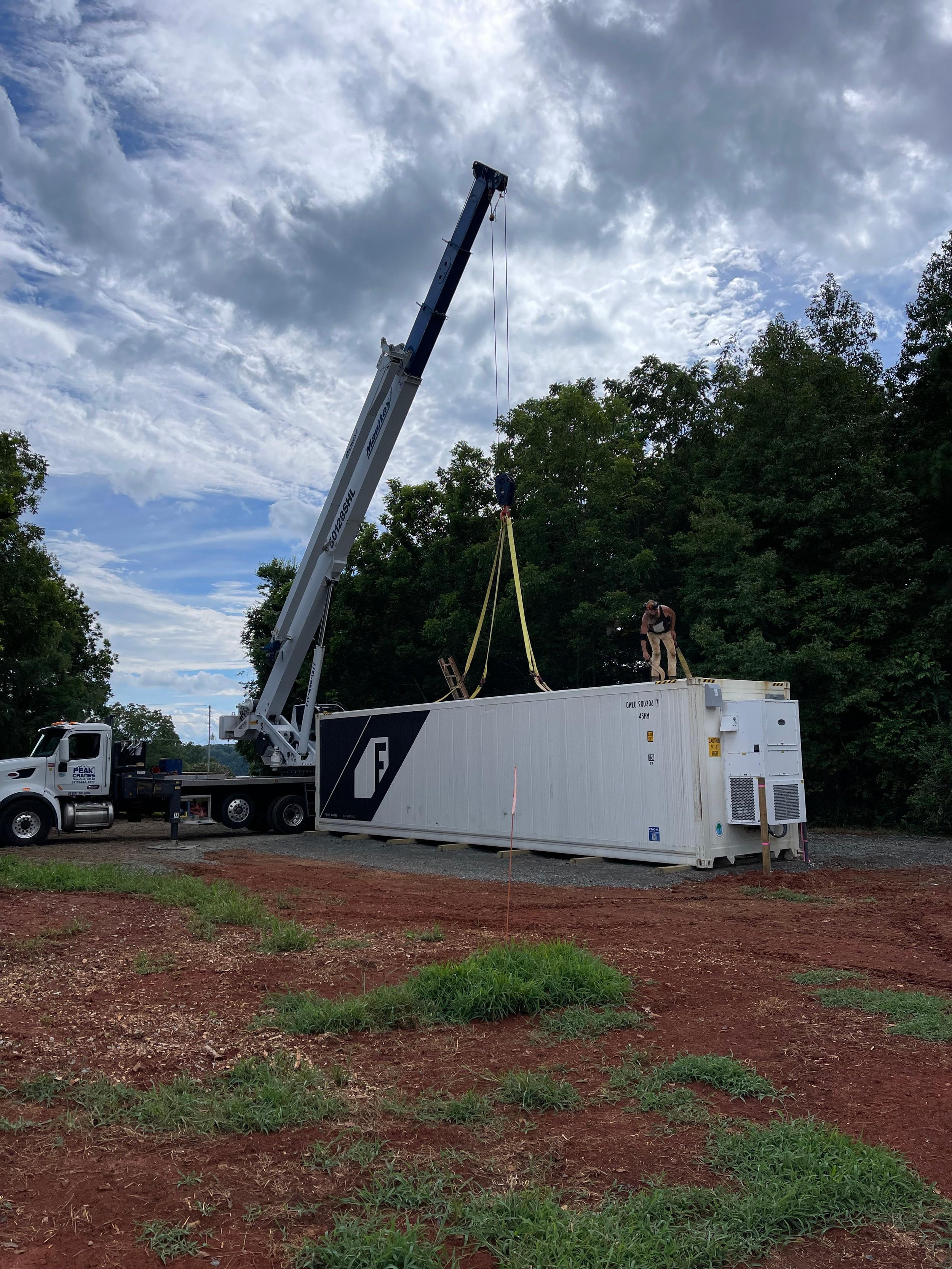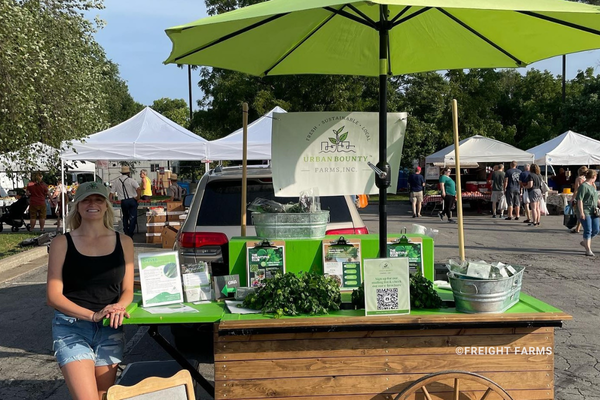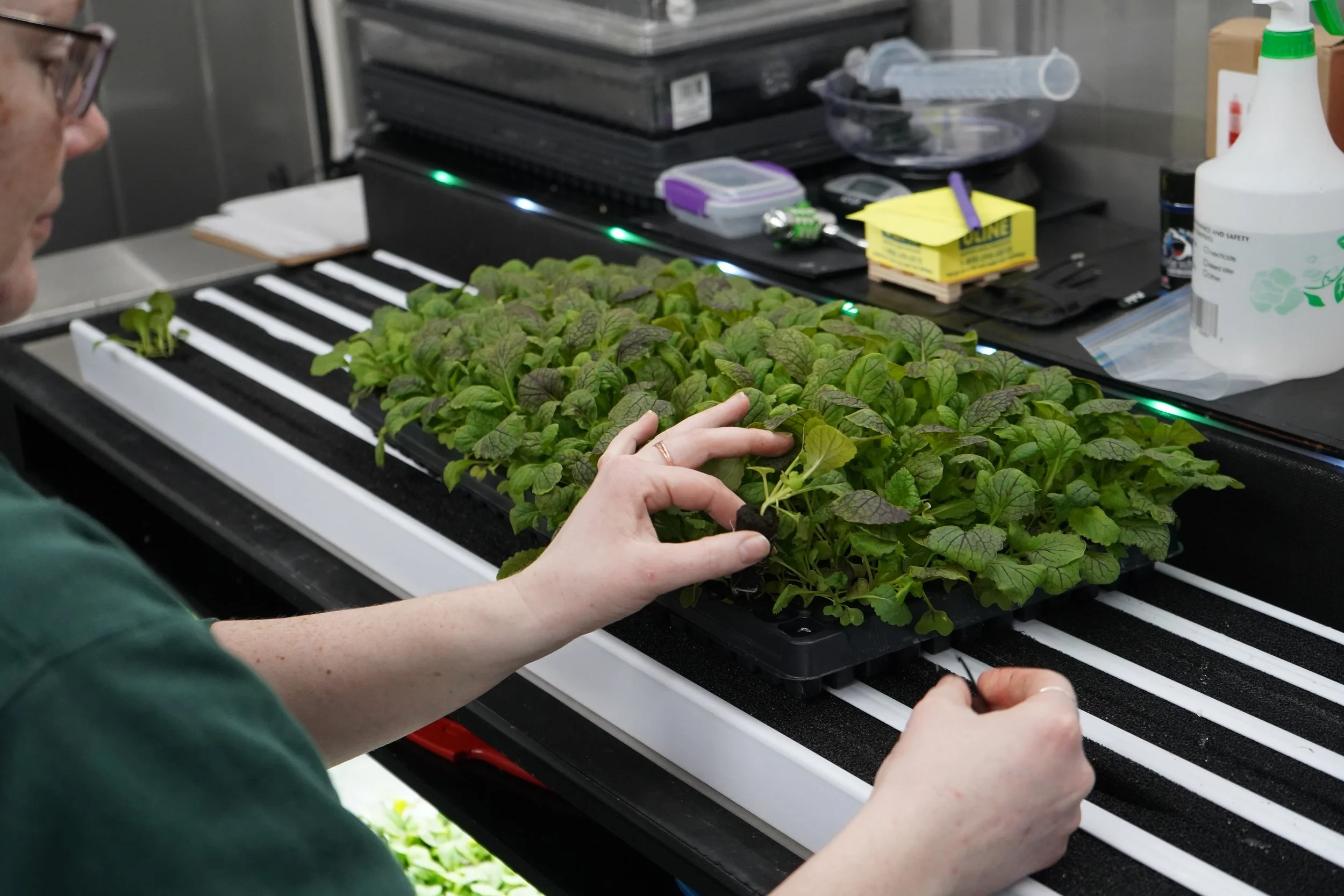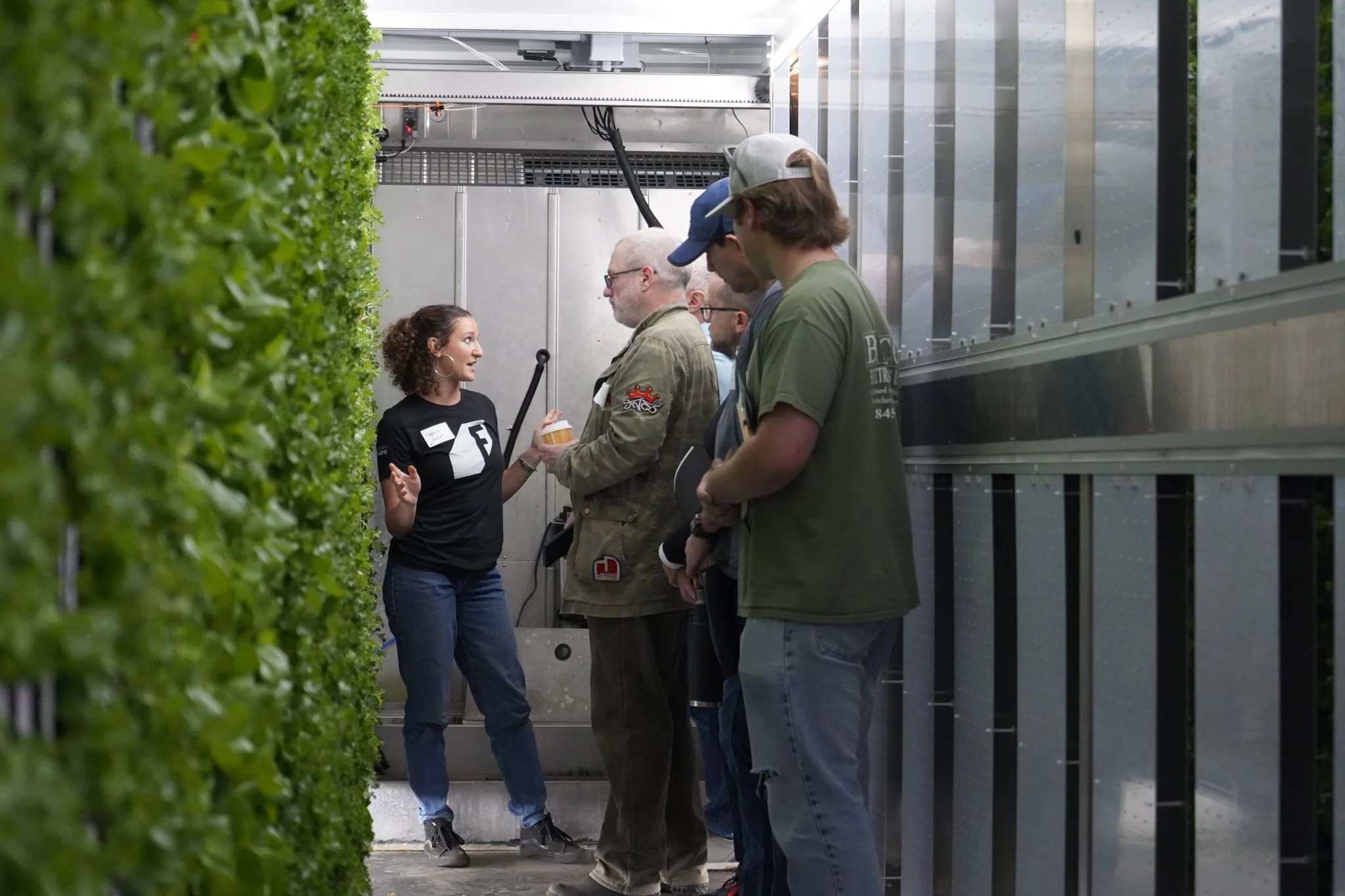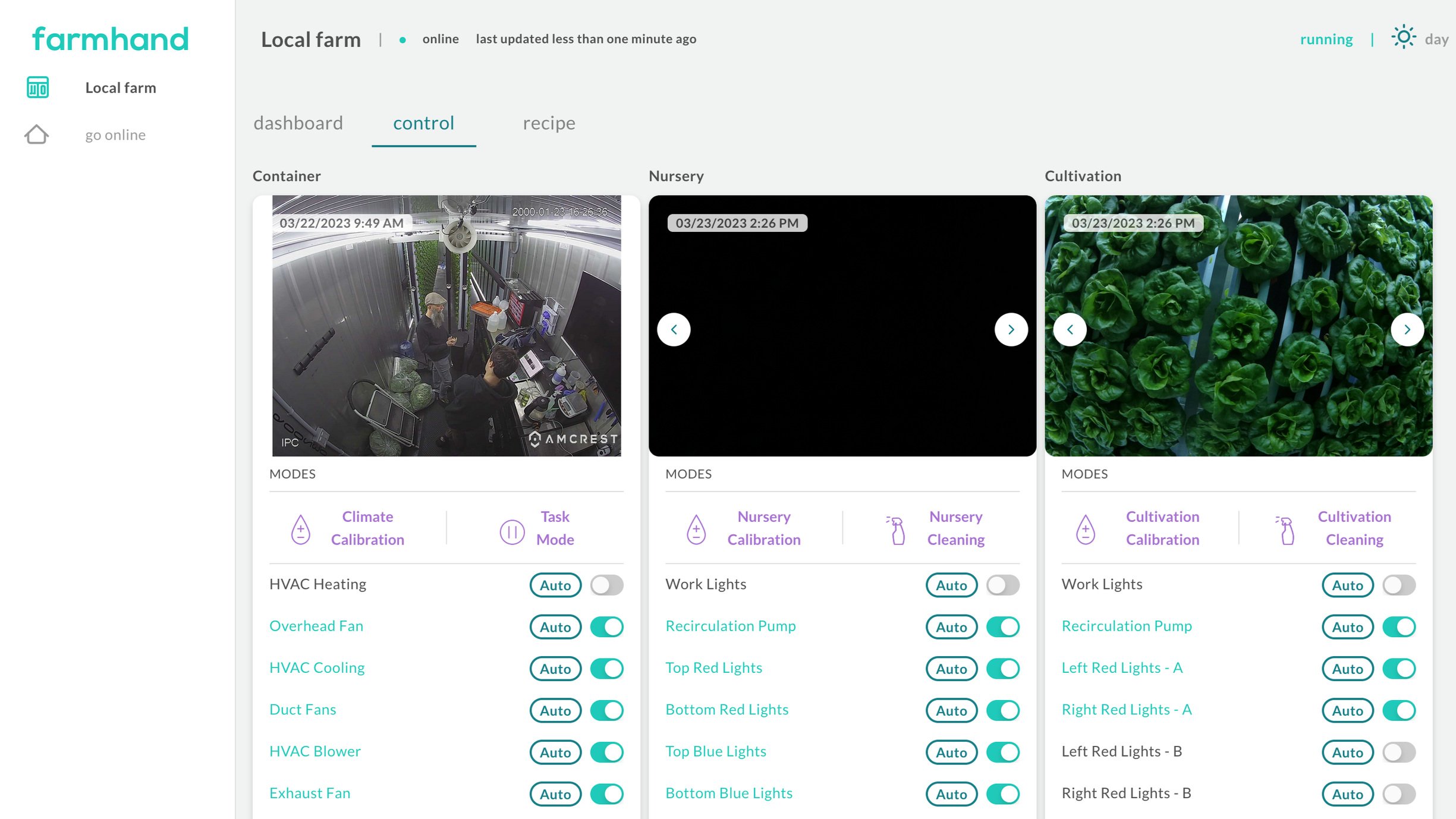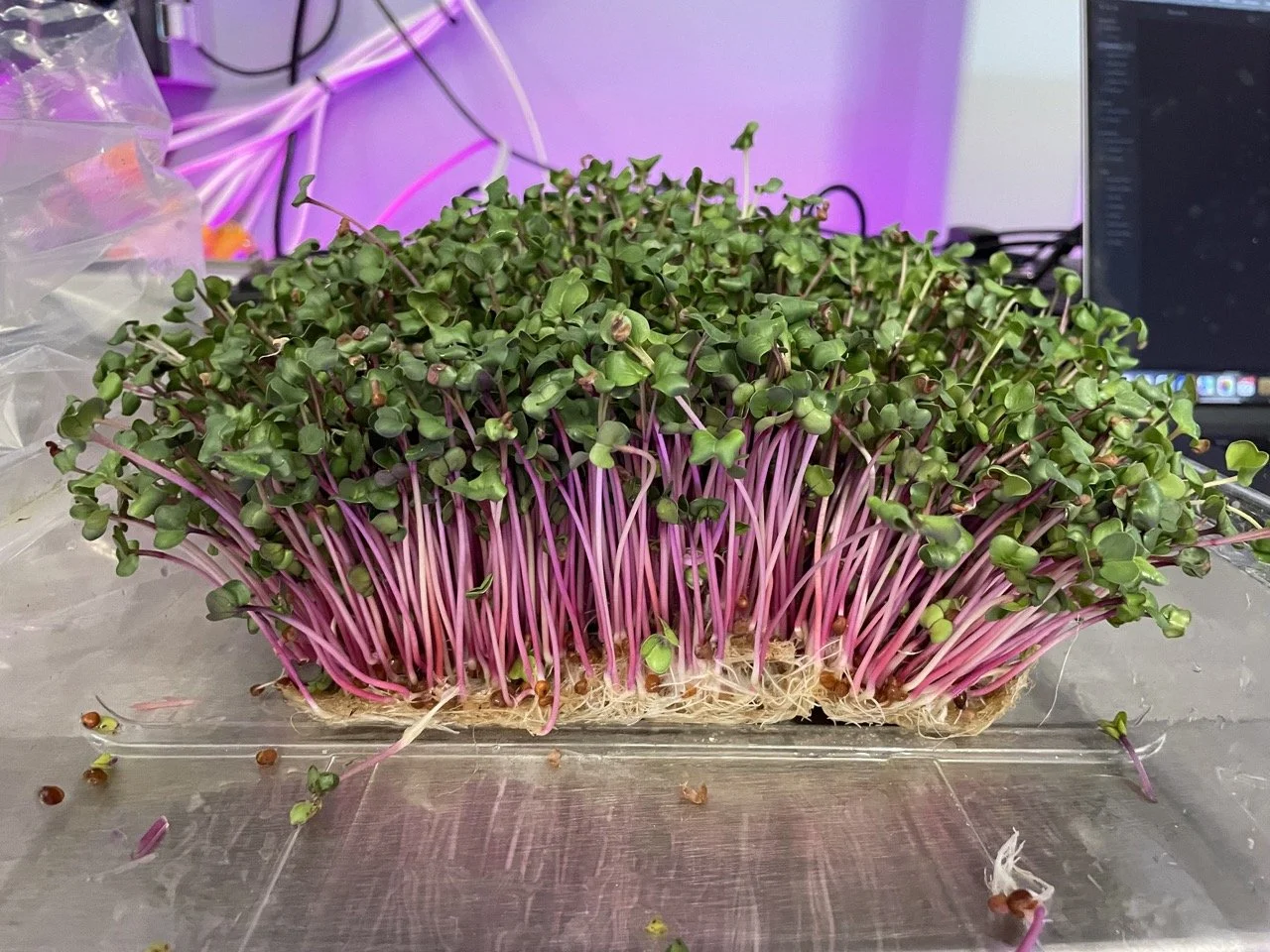Revolutionizing Farming with Controlled Environment Agriculture (CEA)
Farming Beyond Seasons
Agriculture has long been at the mercy of unpredictable weather, climate change, and resource limitations. But what if farmers could control the environment where their crops grow, ensuring year-round production and consistent quality?
Enter Controlled Environment Agriculture (CEA)—a modern farming approach that leverages technology to manage every aspect of the growing process, from light and temperature to humidity and nutrient delivery. With CEA, growers are breaking free from the constraints of traditional farming, offering a sustainable and scalable solution to global food production challenges.
What is Controlled Environment Agriculture?
CEA refers to the practice of growing crops in controlled environments like greenhouses, vertical farms, or container farms. By regulating key variables such as light, temperature, humidity, and CO₂ levels, farmers can replicate the perfect conditions for plant growth.
This innovative method doesn’t just address environmental challenges—it redefines how, where, and when food is produced.
Key Benefits of Controlled Environment Agriculture
1. Year-Round Production
Unlike traditional farming, which is bound by seasonal cycles, CEA enables continuous crop production. Whether it's the peak of summer or the dead of winter, farmers can meet demand without interruption. For example, leafy greens like lettuce, kale, and arugula thrive in these controlled setups, ensuring fresh produce is always on the table.
2. Optimized Growing Conditions
CEA systems create microclimates tailored to specific crops. This precision enhances yield, quality, and growth speed while reducing waste. For instance, strawberries grown in CEA environments can benefit from optimized light wavelengths that boost sweetness and color.
3. Efficient Use of Resources
CEA drastically reduces resource waste. Compared to traditional farming, CEA systems use up to 95% less water and require no soil, cutting down on land usage. Closed-loop irrigation systems and precise nutrient delivery further enhance efficiency.
4. Innovation and Research
CEA serves as a testing ground for agricultural advancements. From developing pest-resistant plants to experimenting with alternative protein crops, CEA allows researchers to push the boundaries of what's possible in farming.
How Freight Farms is Leading the Way in CEA
Freight Farms is at the forefront of the CEA movement with its Greenery™ container farm. Designed for scalability and efficiency, the Greenery empowers farmers to grow fresh produce anywhere—from urban rooftops to rural food deserts. Here’s how it works:
Advanced Insulation: The Greenery maintains consistent internal temperatures, ensuring crops are protected from extreme weather.
Precision Climate Control: An integrated HVAC system regulates temperature and humidity, while advanced lighting mimics the natural light spectrum for optimal growth.
Farmhand® Software: This remote monitoring and control platform lets farmers manage their crops from anywhere, making farming smarter and more efficient.
Farmhand® Control dashboard
Farmhand® Recipes dashboard
With the Greenery, farmers can grow up to 13,000 plants at a time, achieving harvests every 6-8 weeks. Whether you're scaling an urban farm or starting your first growing venture, Freight Farms' solutions make CEA accessible and impactful.
Frequently Asked Questions About CEA
1. What crops grow best in a Freight Farm?
A Greenery container farm is ideal for leafy greens, herbs, and even some root vegetables. Some Freight Farmers have experimented with tomatoes, peppers, and specialty crops.
2. Is CEA expensive to implement?
While initial setup costs can be higher than traditional farming, the long-term benefits—including reduced resource use and higher yields—often outweigh the investment.
3. How sustainable is CEA?
CEA significantly reduces water usage, minimizes pesticide reliance, and optimizes energy consumption. It’s a sustainable solution that aligns with global efforts to combat climate change.
Why Choose CEA for Your Farming Operation?
Controlled Environment Agriculture isn’t just a trend—it’s the future of farming. By addressing the challenges of traditional agriculture, CEA empowers farmers to grow more food with fewer resources, all while maintaining high standards of quality and sustainability.
Whether you're looking to expand your operation, increase yields, or explore urban farming, Freight Farms can help you get started.
Ready to revolutionize your farming practices?
Controlled Environment Agriculture offers the tools and technology to grow fresh, high-quality produce year-round, no matter the climate or location. With Freight Farms’ solutions like the Greenery, you can scale your operation, maximize yields, and reduce resource usage. Whether you're a seasoned grower or just starting out, we’re here to support your journey.
Learn more about our innovative farming solutions or connect with our team to explore more about the Greenery and Freight Farms.




